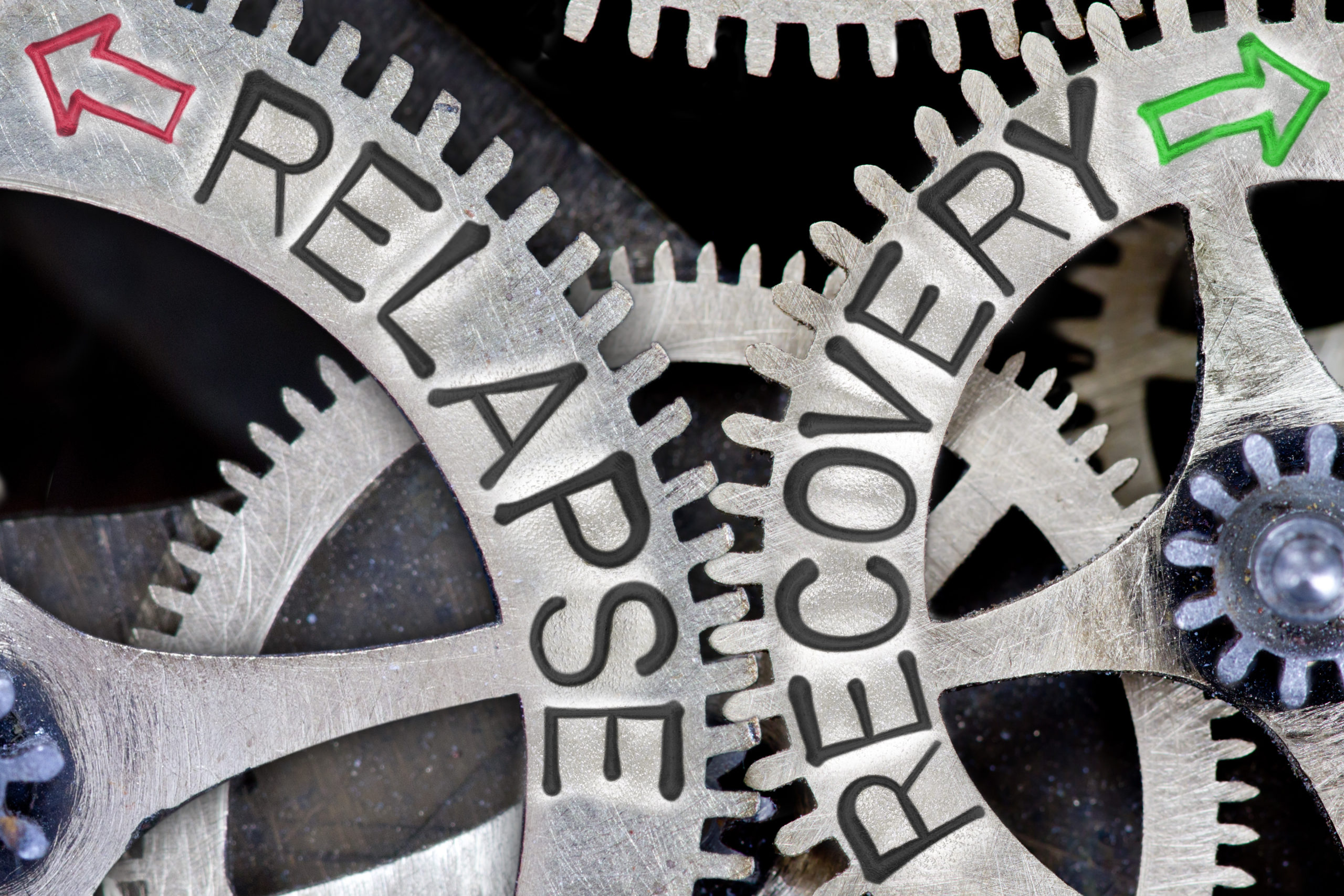The slog of detox is behind you. The intense, lengthy inpatient treatment is only a memory. Outpatient care went smooth and sober life was treating you well.
And then it happens. Seemingly out of nowhere.
Someone invites you for a drink, just one. Or you find yourself in a situation that you weren’t mentally prepared for which triggers you to take a hit of your old drug of choice.
One drink turned to 10, one hit turned into a bender. You wake up groggy the next day, maybe even in the hospital.
You’ve relapsed.
You’re embarrassed and ashamed, feeling like you’ve failed. Guilt creeps in for the time “wasted” in rehab.
But here’s the thing, relapse isn’t failure. It’s part of the process for many and it just means your strategy for treatment needs to be modified.
That said, there are things you can actively do to prevent relapse and avoid the hurt that comes with it.
Relapse Is Fairly Common
Before jumping into those, just how common is relapsing? The National Institute on Drug Abuse puts the relapse rate for substance use disorders at 40-60%. Pretty sobering numbers, no pun intended.
It’s really important to internalize and take to heart the message that relapse is not a failure. The American Society of Addiction Medicine definition of addiction sheds some light on why:
“Addiction is a treatable, chronic medical disease involving complex interactions among brain circuits, genetics, the environment, and an individual’s life experiences. People with addiction use substances or engage in behaviors that become compulsive and often continue despite harmful consequences.
Prevention efforts and treatment approaches for addiction are generally as successful as those for other chronic diseases.”
The chronic nature of substance use disorder and addiction is what makes relapse so common. Our brains and bodies become conditioned and used to drugs or alcohol. It becomes our “normal”.
Relapse Prevention Strategies
Even though somewhere on the order of half of people will relapse, it doesn’t mean it’s a requirement. Relapse is very much a part of recovery for some while others can kick the habit without going through a relapse.
Planning can help you immensely in your times of struggle and weakness. Some relapse prevention strategies to consider are:
Know What Triggers You
This is huge. You need to know and define what triggers your cravings so you can avoid it. It may be certain people, places, activities or even feelings. Whatever it is, be aware and act accordingly to stay out of those situations
Support Groups
There’s no need to go through anything alone! Plenty of people have gone through what you have and are available as resources to get you through it too. Groups like Narcotics Anonymous and Alcoholics Anonymous can be extremely helpful in keeping you on track and preventing relapse.
Self-Care
Taking care of yourself is essential.
Learn to lead a healthy lifestyle that compliments your new drug and alcohol-free life. Eat healthily. Start a workout routine and stick to it.
Make sure you’re getting enough sleep.
Be good to yourself and be forgiving.
Get Busy
Nothing distracts you more from the pull of old habits like being too busy to notice a craving. If work isn’t keeping you busy enough, consider volunteering or a sports league. Grab a gym membership. Pick up a hobby.
Redefine Fun
You very likely glamorized drugs and alcohol as being “fun”, so to avoid relapse, changing what constitutes fun in your mind is crucial. Your new hobbies should be fun, your exercise regimen, cooking those healthy meals, etc. Find your new fun and shift your definition.
Above All Recovery Knows Relapse Prevention Strategies
If you’ve dealt with relapse before or are laser-focused on making sure it doesn’t happen to you or just concerned about a loved one who recently got sober relapsing, reach out to us at Above It All Treatment Network. We’re a free resource with over a decade of experience assisting people in finding recovery and can connect you with those who can help you prevent relapse.


